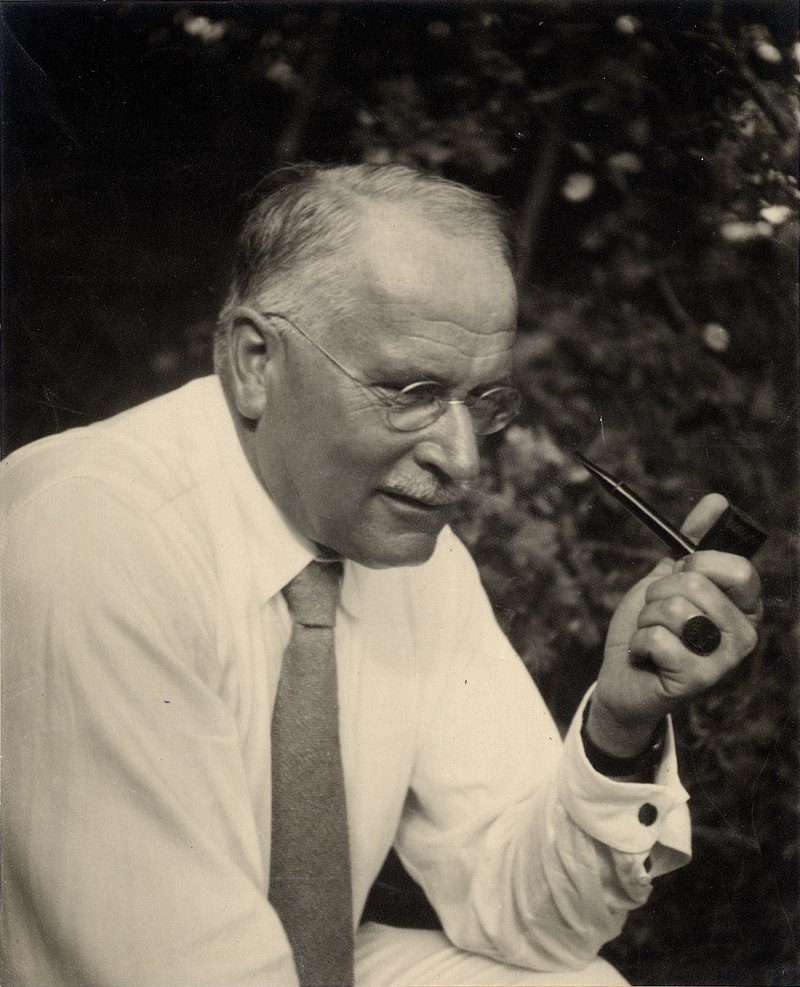
Carl Gustav Jung
Carl Gustav Jung was a Swiss psychiatrist and psychoanalyst who founded analytical psychology. His work has had a profound impact on psychology, art, literature, and religion. Jung introduced several key concepts, including the ideas of the collective unconscious, archetypes, and the process of individuation. His exploration of the psyche and the balance between conscious and unconscious thought has influenced various fields and remains relevant in contemporary discussions about mental health and self-understanding.
Born on Jul 26, 1875 (150 years old)
Global Media Ratings
Countries Mentioned
No country-level mention data available.
Interactive World Map
Each country's color is based on "Mentions" from the table above.
Recent Mentions
 Switzerland:
Carl Gustav Jung's experiences with séances influenced his research on the human psyche.
7
Switzerland:
Carl Gustav Jung's experiences with séances influenced his research on the human psyche.
7
 Switzerland:
Carl Gustav Jung was a prominent Swiss psychiatrist who developed analytical psychology and had a significant impact on modern psychology.
7
Switzerland:
Carl Gustav Jung was a prominent Swiss psychiatrist who developed analytical psychology and had a significant impact on modern psychology.
7
 Serbia:
Carl Gustav Jung's theory of the month of birth offers an interesting insight into how natural cycles can shape the human psyche.
8
Serbia:
Carl Gustav Jung's theory of the month of birth offers an interesting insight into how natural cycles can shape the human psyche.
8
 Switzerland:
Carl Gustav Jung is mentioned for his interest in Eastern philosophies.
5
Switzerland:
Carl Gustav Jung is mentioned for his interest in Eastern philosophies.
5
 Venezuela:
Carl Gustav Jung interpreted religions as expressions of the collective unconscious, where symbols and archetypes convey universal experiences.
9
Venezuela:
Carl Gustav Jung interpreted religions as expressions of the collective unconscious, where symbols and archetypes convey universal experiences.
9
 Switzerland:
Carl Gustav Jung is known as the founder of analytical psychology.
5
Switzerland:
Carl Gustav Jung is known as the founder of analytical psychology.
5
 Czech Republic:
Carl Gustav Jung is described as a controversial icon of psychiatry.
6
Czech Republic:
Carl Gustav Jung is described as a controversial icon of psychiatry.
6
 Switzerland:
Carl Gustav Jung was a psychiatrist who contributed significantly to the field with his unconventional thinking and creativity.
8
Switzerland:
Carl Gustav Jung was a psychiatrist who contributed significantly to the field with his unconventional thinking and creativity.
8
 Peru:
Carl Gustav Jung was a Swiss psychologist.
5
Peru:
Carl Gustav Jung was a Swiss psychologist.
5
 Greece:
Carl Gustav Jung was born on July 26, 1875, in Switzerland and became an internationally renowned psychiatrist.
9
Greece:
Carl Gustav Jung was born on July 26, 1875, in Switzerland and became an internationally renowned psychiatrist.
9